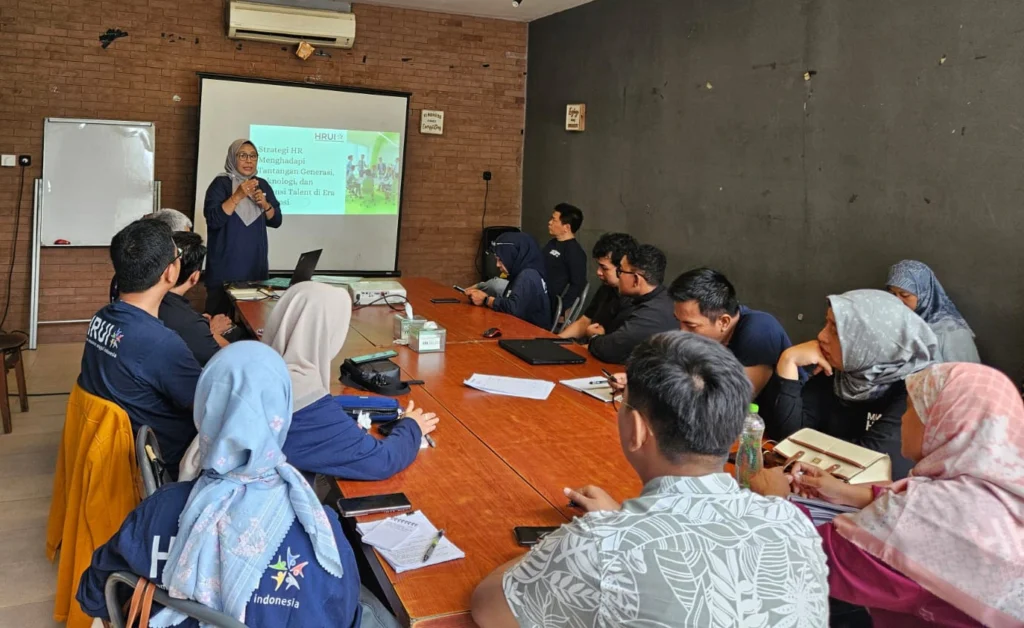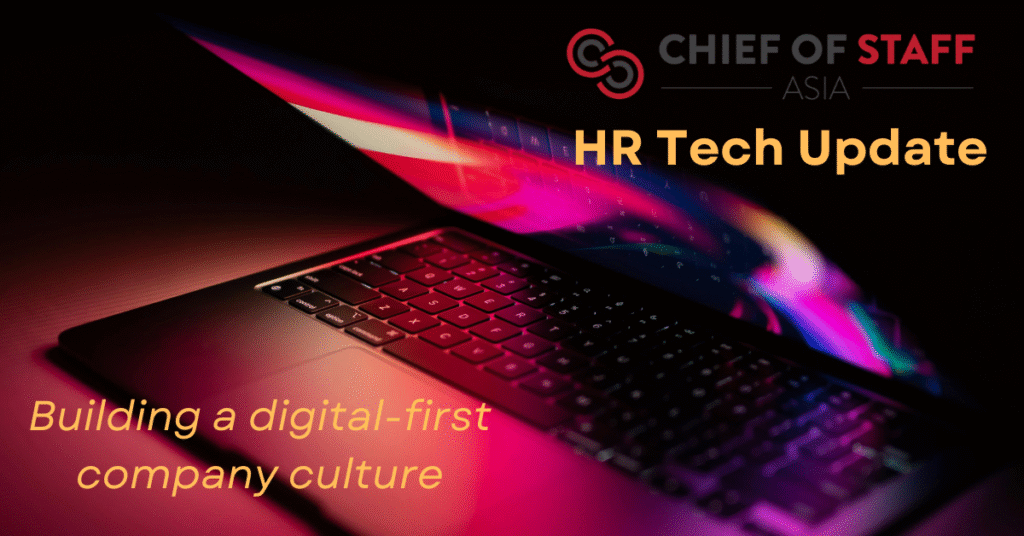Digital transformation initiatives are reshaping organisations across Southeast Asia, accelerating rapidly since 2020 when remote work necessities catalysed technology adoption. Beyond implementing new systems, HR professionals throughout the region face the complex challenge of managing the human elements of these transitions. Despite substantial technology investments, research from regional business schools indicates that nearly 70% of digital transformation projects underperform due to insufficient attention to change management processes.
The unique cultural contexts across Southeast Asian countries add layers of complexity to digital transformation efforts. While Singapore’s workforce demonstrates high technological readiness, organisations in emerging markets like Cambodia and Myanmar must consider more fundamental digital literacy concerns. Progressive HR departments throughout the region recognise that successful digital adoption requires strategies that address both emotional and practical aspects of change while respecting cultural nuances that influence how employees respond to workplace transformations.
Culturally-sensitive communication frameworks
Effective digital transformation in Southeast Asia requires communication approaches that account for cultural dimensions such as power distance and uncertainty avoidance. Organisations in high-context communication cultures like Thailand and Indonesia are implementing multi-layered messaging strategies where transformation rationales are communicated differently to various organisational levels. Malaysian companies have developed communication programmes incorporating cultural symbolism that resonates with multi-ethnic workforces. Forward-thinking organisations throughout the region utilise culturally appropriate storytelling techniques rather than solely data-driven messaging, recognising that digital transformation narratives must connect with deeply-held values to gain authentic acceptance across diverse regional workforces.
Influence-mapping methodologies
Successful change initiatives in Southeast Asian contexts identify and engage both formal and informal organisational influencers. Progressive HR departments in Singapore and Vietnam conduct detailed stakeholder analyses identifying individuals whose opinions shape departmental attitudes, regardless of hierarchical position. Philippine organisations have pioneered “cultural ambassador” programmes where respected employees from various departments serve as transformation advocates. These approaches acknowledge the region’s relationship-oriented business cultures where personal connections often outweigh formal authority structures. By mapping and strategically leveraging these influence networks, organisations create authentic transformation momentum that respects established social dynamics rather than attempting to override them.
Skills transition pathways
Comprehensive digital transformation requires structured approaches to workforce capability development. Forward-thinking organisations across Malaysia and Thailand have implemented digital skills mapping frameworks identifying capability gaps and creating personalised learning journeys. Indonesian companies are pioneering pre-transformation skills assessment programmes determining baseline digital competencies and tailoring training interventions accordingly. Progressive organisations throughout the region develop clear skills transition pathways showing employees exactly how their roles will evolve and what support will be provided. These approaches address anxiety about technological obsolescence by demonstrating organisational commitment to supporting employees through capability transitions rather than simply replacing those unable to adapt.
Psychological safety initiatives
Successful transformation leaders recognise that digital innovation requires environments where employees feel secure experimenting with new processes. Organisations in Singapore have implemented “learning from failure” frameworks where teams are encouraged to document and share transformation challenges without fear of negative consequences. Vietnamese companies have introduced psychological safety metrics into performance evaluations, measuring manager effectiveness in creating environments where employees comfortably express digital adoption concerns. These initiatives acknowledge that Southeast Asia’s generally higher power-distance cultures may inhibit open communication about implementation difficulties, creating structured channels where employees can safely provide critical feedback essential to refining digital transformation approaches.
Cross-generational collaboration structures
Progressive organisations address digital transformation’s potential to create generational divides by establishing structured knowledge exchange mechanisms. Companies in Thailand have developed reverse mentoring programmes pairing digitally-native junior staff with senior executives guiding transformation decisions. Malaysian organisations implement cross-generational project teams where technological fluency and institutional knowledge are equally valued. These approaches acknowledge Southeast Asia’s respect-oriented professional cultures by creating frameworks where younger employees can share digital expertise without challenging traditional hierarchies. By facilitating bidirectional knowledge flow, organisations accelerate digital adoption while preserving valuable institutional wisdom, creating transformation approaches that strengthen rather than fracture organisational cultures.









